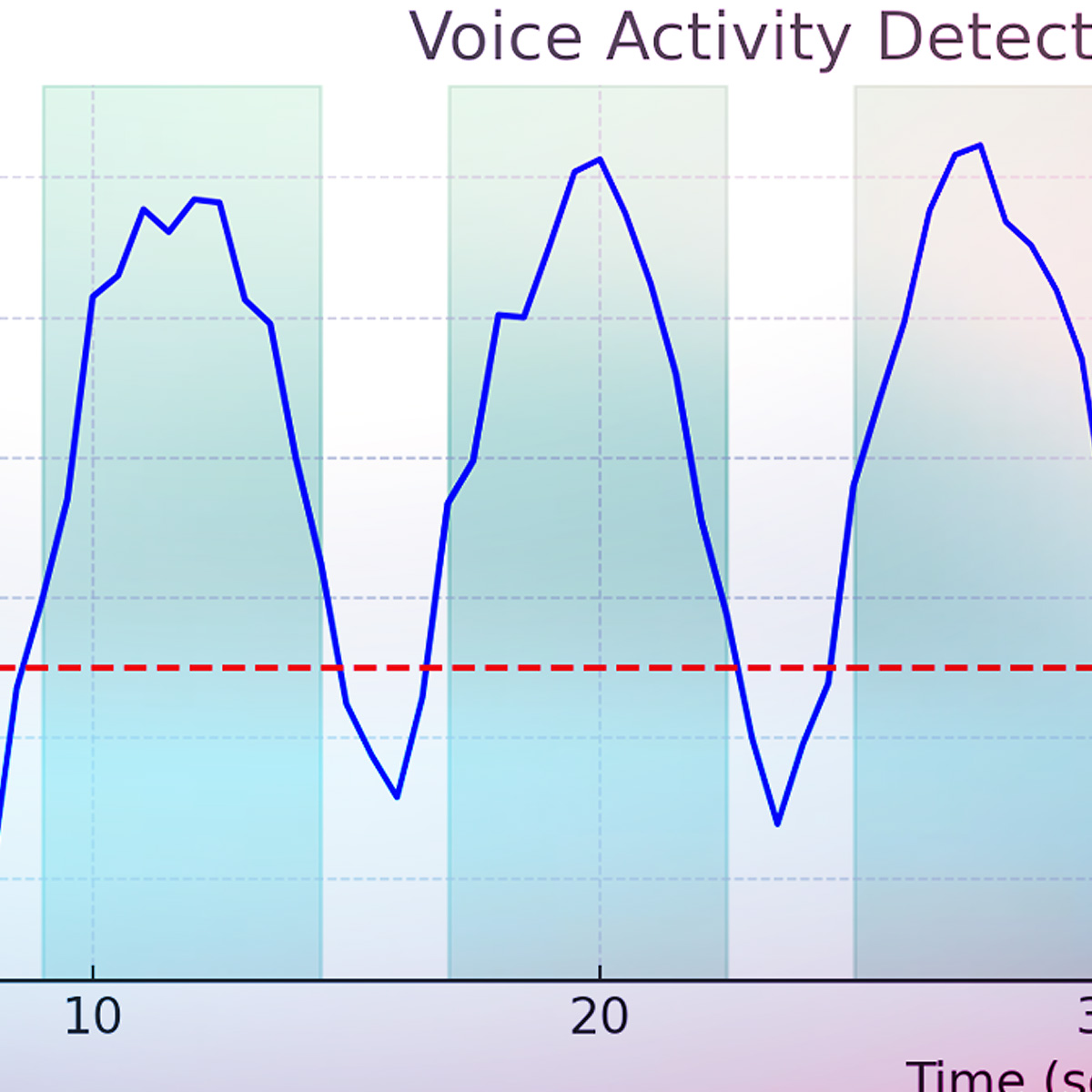AI-Powered Radio Transcription: Genius, Madness, or Both?
Hello everyone. Today’s subject dances on that fine line between brilliant innovation and tinfoil-hat lunacy. It’s called “RadioTranscriptor” – a homebrew Python script by a tinkerer going by [theckid]. The premise? Capture audio from your software-defined radio setup, run it through OpenAI’s Whisper model, and spit out neat logs of voices from the ether… all while you sit back and not actually listen to anything yourself. Because clearly, we’ve reached the point where not hearing things is the new hearing things.
The Technical Wizardry
Credit where it’s due – from a technical standpoint, the thing is lean, efficient, and downright geeky in the best way. It ingests 48kHz audio and resamples it to 16kHz in real time, uses Voice Activity Detection (so it doesn’t waste time transcribing static hiss), and logs everything in a rolling daily file for your later perusal. Yes, a magical diary of whispers from the void, ready to be combed through like you’re an amateur cryptographer hunting for Cold War secrets.
If your GPU has CUDA capabilities, it’ll happily blast through the processing in real-time. If not, it begrudgingly plods along on your CPU. Think of that as the gaming equivalent of toggling “ultra” graphics only to realise you’re running on an integrated Intel chip – technically playable, but you’ll age a decade waiting for the results.
The Quirks and Flaws
Of course, it’s not all roses and glory. The logs sometimes get stuck in ghost loops – duplicating words or producing “phantom” text. On the plus side, that makes it ideal for ghost hunters wanting to pretend their SDR is a Ouija board with a USB port. Welcome to the new era of “artificial pareidolia”: your brain looking for patterns in random noise, except now your AI buddy is happy to help hallucinate alongside you.
It’s also endlessly hackable. Want to change the model? Sure. Tweak the VAD threshold? Go ahead. Add speaker detection so you can pretend to tell the difference between CIA agents and supernatural entities? Absolutely. The tool positively encourages user tinkering, because clearly nothing could go wrong with untrained enthusiasts scraping voices from international shortwave channels.
Possibilities… and Questionable Uses
- Ghost hunters automating the hunt for nonexistent whispers – because hunting imaginary things should be faster.
- Shortwave enthusiasts pulling transmissions from numbers stations like some Cold War roleplaying scenario.
- Paranoid hobbyists looking for investment tips buried in static – 100% guaranteed to beat the stock market (citation needed).
While there’s undeniably fun in plugging in covert military HF broadcasts just to see what the AI makes of it, let’s face facts: half the time, it’ll misinterpret “unit repositioning” as “buy soy futures.” That’s the beauty and absurdity of machine learning – it’s like playing Russian roulette with an audio decoder.
The Doctor’s Take
From my MD’s perspective, this is like giving an overactive hypochondriac a portable MRI machine. Yes, the tech will detect something – but whether that “something” is meaningful or just diagnostic noise is another matter. An AI detecting voices doesn’t mean the voices have anything coherent to say. Sometimes a cough is just a cough, and sometimes “Delta Foxtrot Nine” is just a passing taxi dispatcher from Belarus.
In gaming terms, it’s like playing an open-world title where every NPC whispers cryptic nonsense into your ear – most of it irrelevant, all of it distracting, and yet you keep listening because maybe, just maybe, one of them will give you a fetch quest worth doing.
Verdict
This tool is ingenious, quirky, occasionally ridiculous, and ripe for misuse – in other words, it’s a perfect representation of the AI hobbyist scene. Should you use it? If you have the technical chops and the sense of humour to enjoy whatever “truth” the machine thinks it’s found in the airwaves, then yes. Just don’t pretend you’ve found proof of alien contact when all you’ve got is your neighbour’s baby monitor. My overall impression? This is good tech – used properly, it’s entertaining and useful; used badly, it’s comedy gold.
And that, ladies and gentlemen, is entirely my opinion.
Source: Whispers From The Void, Transcribed With AI, https://hackaday.com/2025/08/08/whispers-from-the-void-transcribed-with-ai/



